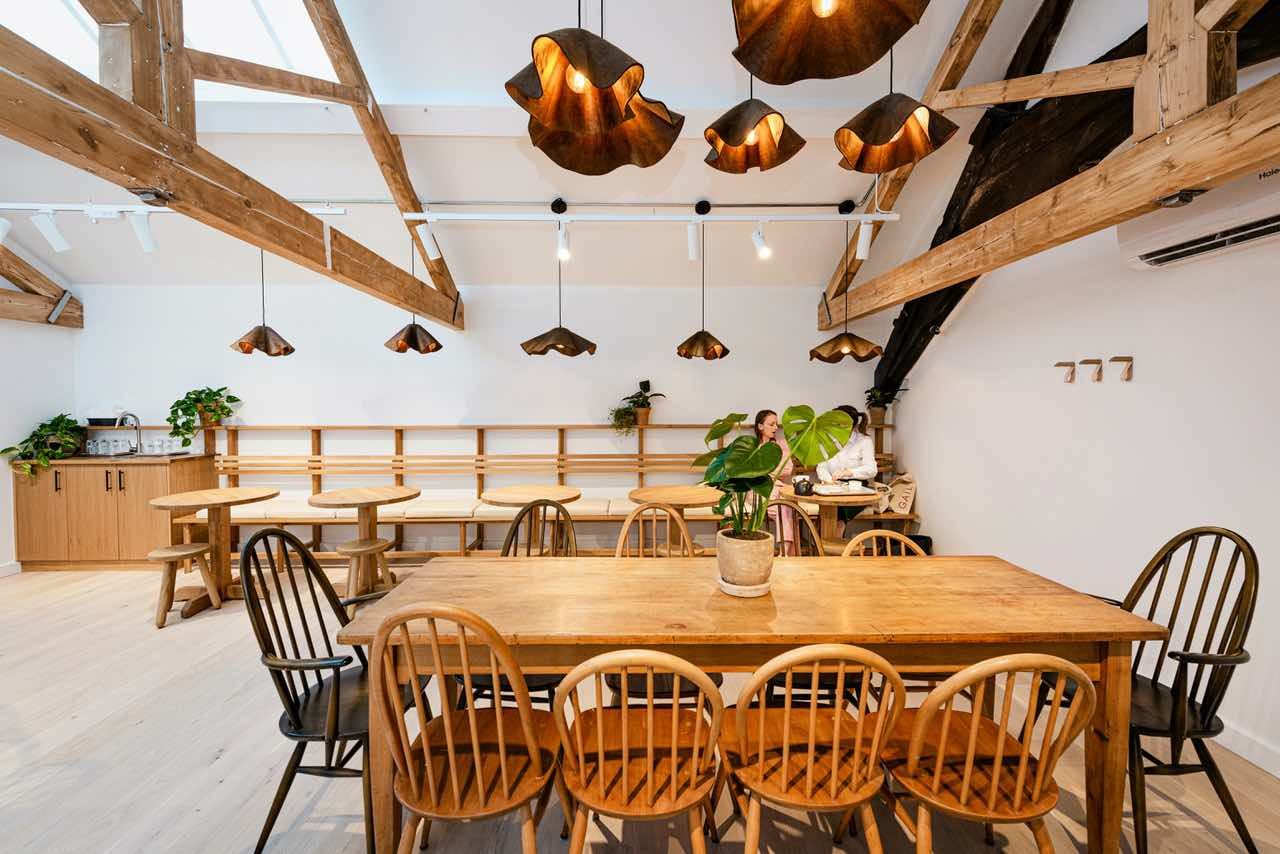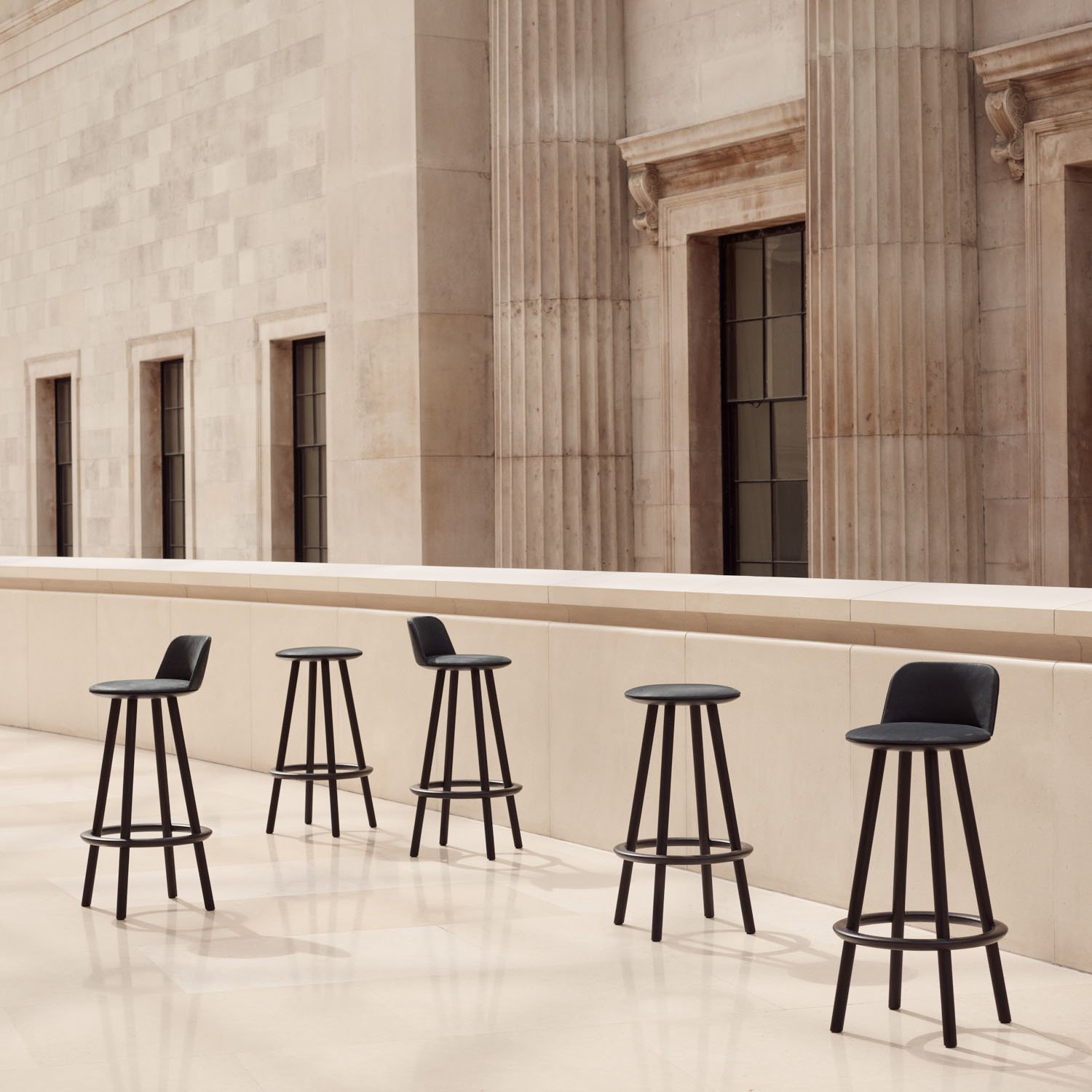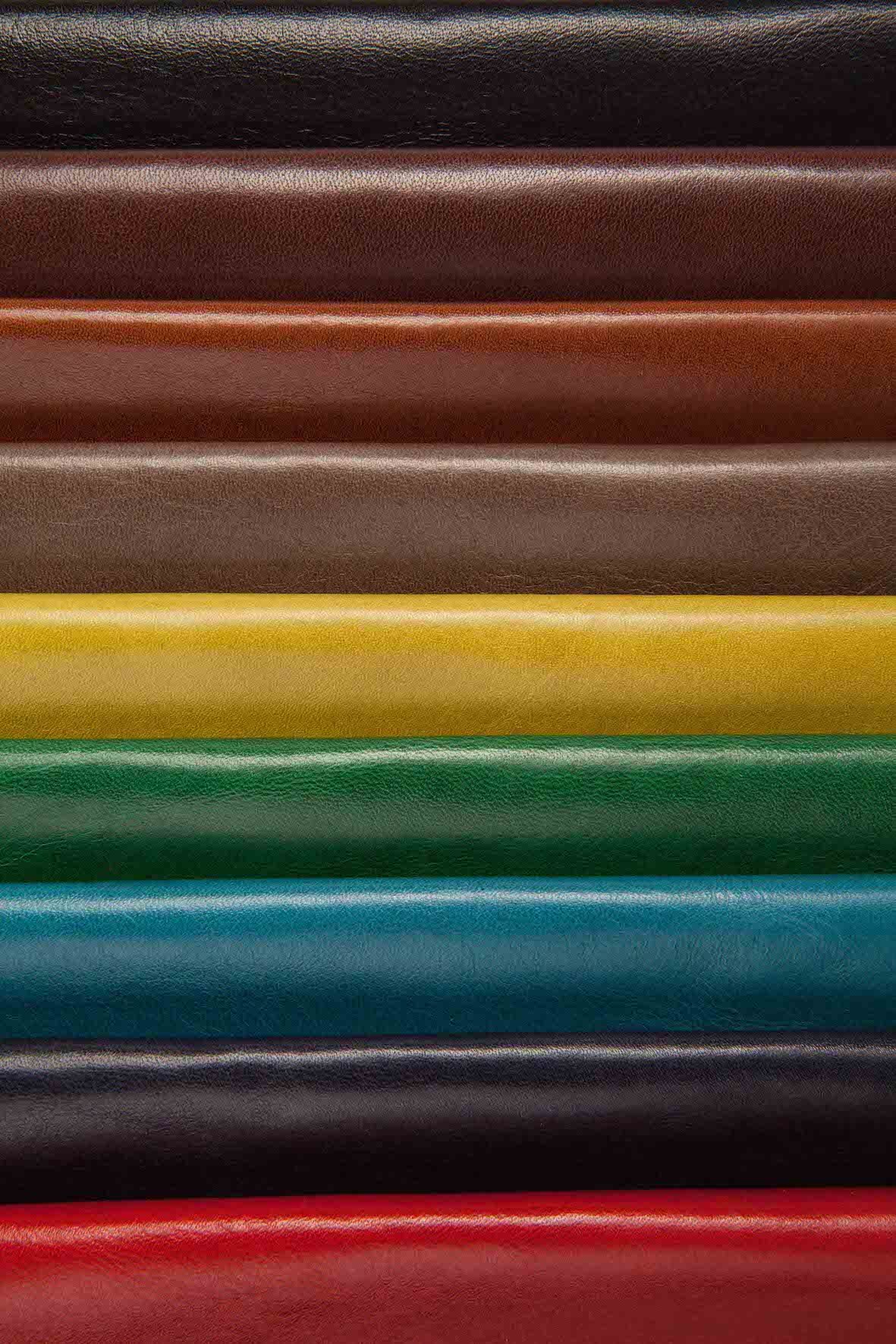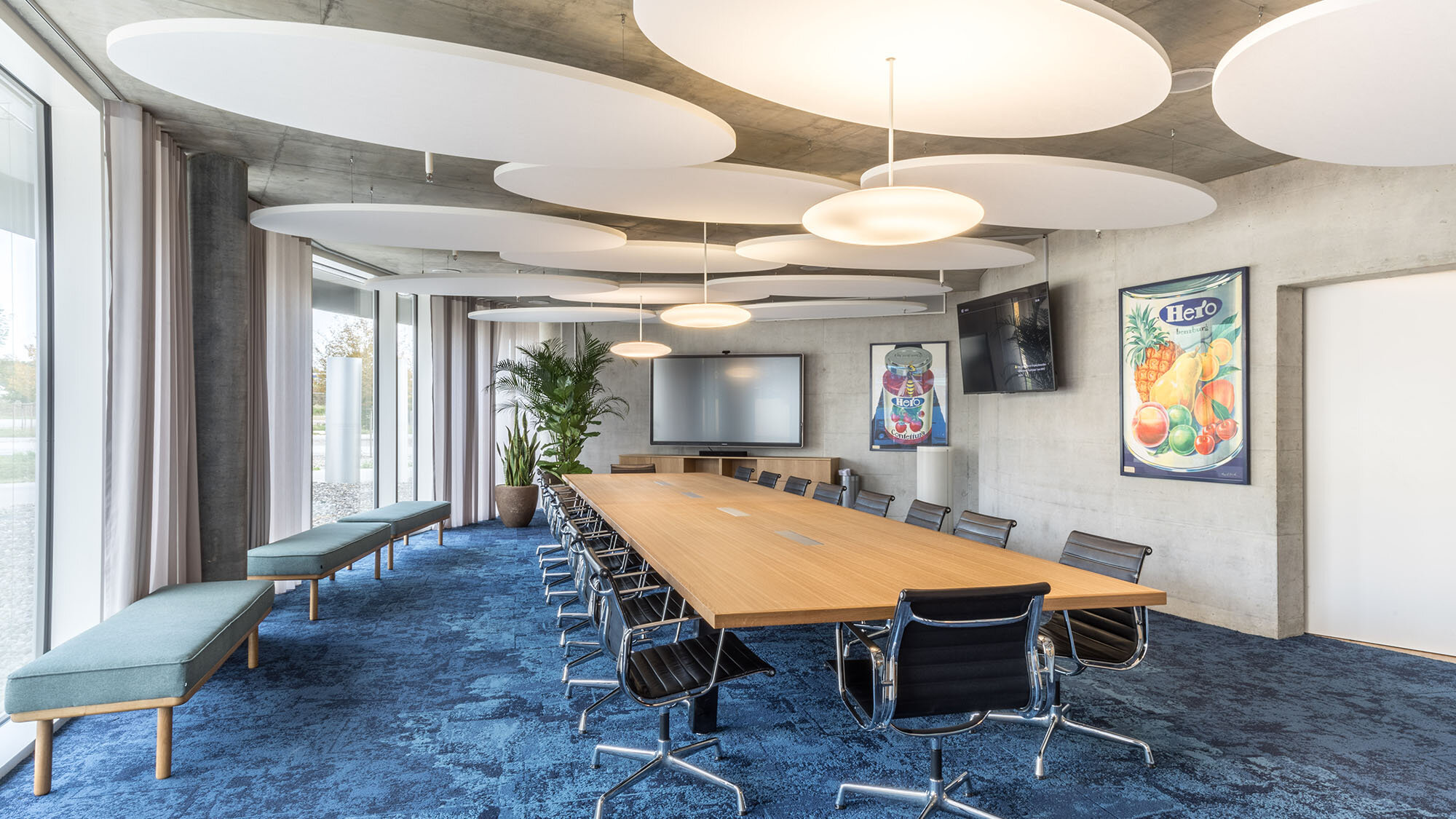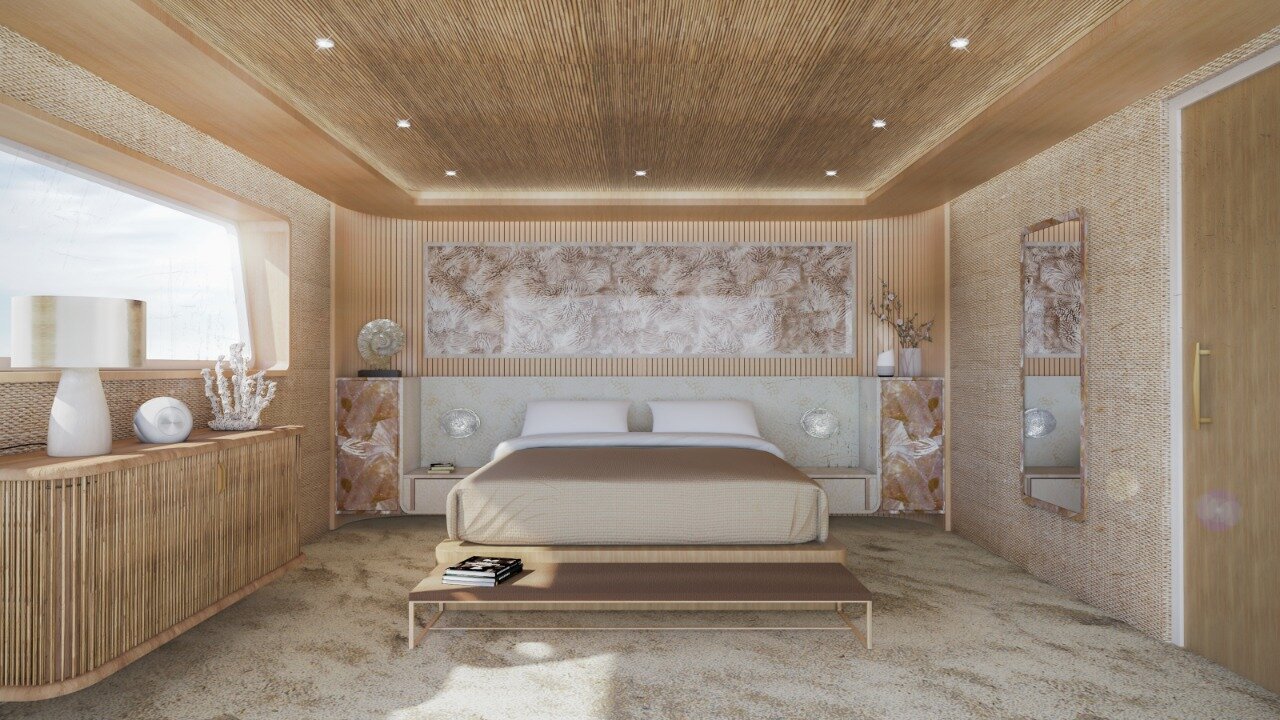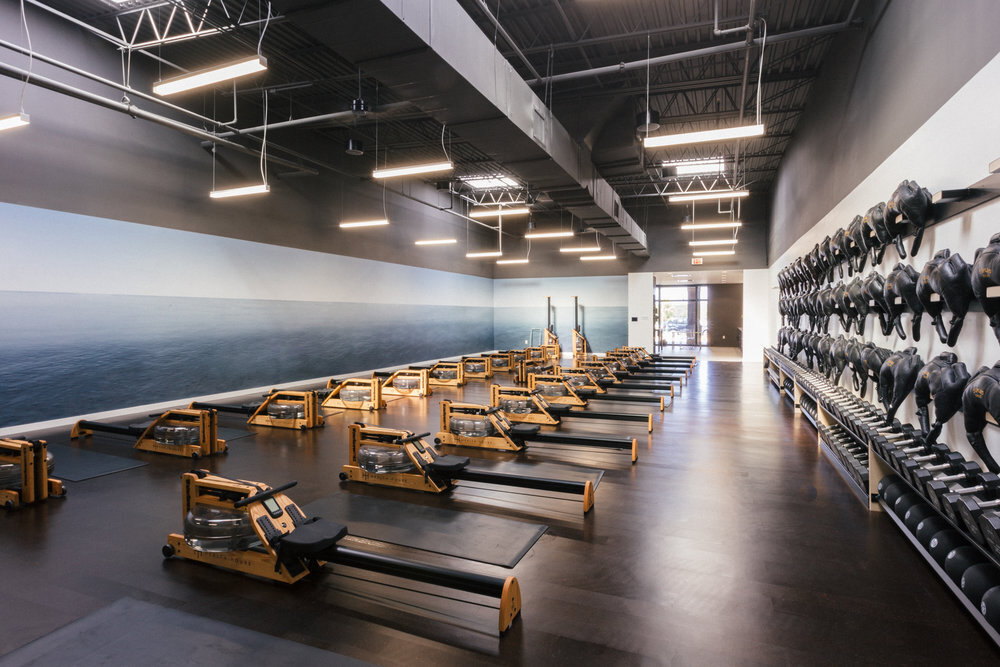Marine-based Circular Economy materials
How can we use sustainably sourced marine materials in our homes, offices and buildings in order to reduce their environmental impact and boost their wellbeing benefits?
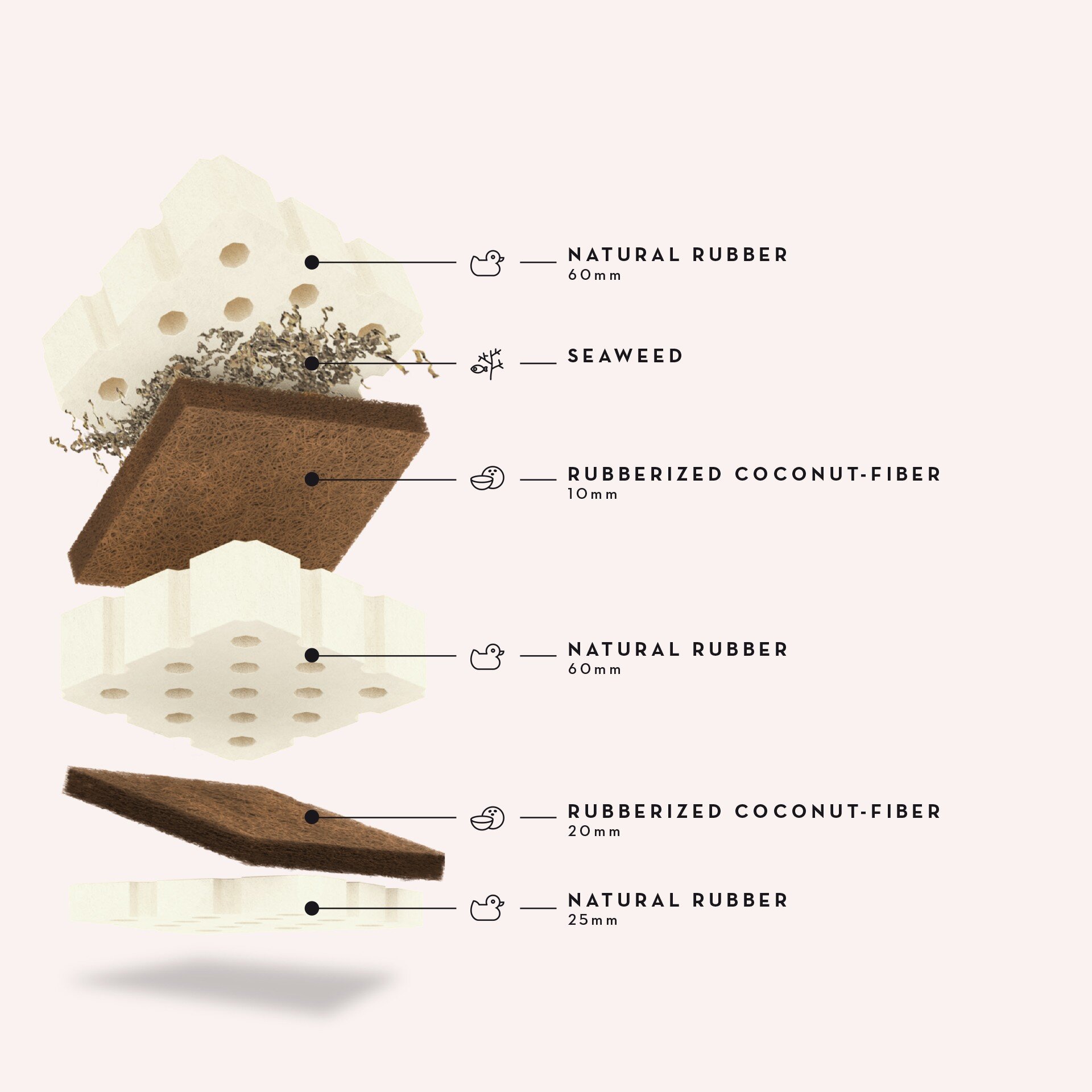
Our sister company BioBlu specialises in sustainable yachting, including yacht interiors., see here for more detail or read on if your interest is in wellness real estate and healthy interiors.
NATURE’S WELLNESS BENEFITS
Modern technology combined with a renewed appreciation for the genius of nature mean that we now understand far more than ever before about the air-purifying, anti-viral, anti-bacterial, anti-odour, self-cleaning and sound-absorbing qualities of certain materials.
By selecting each one for its unique characteristics we create sustainable interiors with added wellness benefits for occupants.
ORGANIC PLANT-BASED MATERIALS
We work with Forest Stewardship Council (FSC) wood, organic cotton bed sheets, coconut fibre mattresses (see image above!), cork tiles, palm leaf wallpapers, eco-rubber gym flooring, acoustic wool and corn husk wall vinyls, amongst other things!
MARINE BIO MATERIALS
From spirulina health supplements to Thalassotherapy sea sessions , the eco-friendly health benefits of seaweed, algae and kelp are by now well established. Today they can be found in high-end mattresses, hydrating facial serums and even compostable food containers. Sustainably sourced seashells can also be used as inlays in wall panels or table tops for a distinctive bio aesthetic.
TEXTILES FROM OCEAN PLASTIC
When replacing indoor or outdoor furniture fabrics, we advocate for the use of high-quality Circular Economy textiles derived from upcyled ocean-plastic. A number of big players exist in the market already, from Repreve to Seaqual, OceanWorks and OceanBalance.
SOURCING & RECYCLING METALS
Aluminium can be endlessly recycled in an energy-efficient manner. Stainless steel is fully recyclable, highly durable and retains value at the end of each life cycle. Materials with a closed-loop like these require no further natural resources from the earth provided care is taken to ensure they are suitably recycled.
A conversation on the Restorative Design Framework of Object Space Place, the role of circular economy principles in sustainable restaurant design, designing out waste and lowering embodied carbon, while still delivering memorable customer experiences, as well as the pros and cons of sustainability assessments. David Chenery talks to Matt Morley of Biofilico healthy buildings.
What are the health risks of toxic building materials and products in interiors? Biofilico healthy building consultants answer this and more - covering Red Lists, the sources of toxins in interiors, healthy building standard guidance on avoiding toxic materials as well as links to our healthy building materials guide. Read on for more info!
A discussion by Matt Morley of Biofilico sustainable real estate and interiors with Manuel Diaz Cebrian, a Mexican entrepreneur promoting a vibrant new bamboo industry in his home country that comes with social impact and environmental benefits aplenty.
Talking biodesign, biophilic design & sustainable design with Danielle Trofe, covering the potential of mycelium as a healthy building material, examples of biophilic design that are truly sustainable and biomimicry as a leading light in the new field of biodesign.
Talking healthy materials, circular economy principles, biophilic design and Life Cycle Assessments with Benchmark Furniture, in Berkshire, UK.How can we use sustainably sourced marine materials in our homes, offices and buildings in order to reduce their environmental impact and boost their wellbeing benefits?
organic materials that do no harm to the planet offer a viable alternative to the environmental harm caused by leather tanning, and some, such as Dessertex made of cactus, can even be used for furniture
Examples of healthy flooring, wellness flooring & non-VOC, non-toxic wall paints in interior design
We use healthy materials in our wellness interiors to balance sustainable interior design concepts with concerns for indoor air quality, biophilia, aesthetics and durability.
Our podcast conversation with Robert McKee, the dynamic founder of Zandur sustainable flooring based in Virginia, USA that supplies hospitals, offices, gyms and residential spaces around the world.
For BioBlu yachts, there is a happy synergy in using materials sustainably sourced from the sea onboard a yacht, what better way to align the interests of owner and ocean?
A range of sustainable fabrics made from byproducts of banana, pineapple, apple and mango production suggest nature-based solutions have a bright future!
A new generation of luxury fabrics made from upcycled ocean plastic yarn is the ideal solution for an eco yacht interior by BioBlu.
Gym flooring needs to be done right, not just from anaesthetic perspective but in terms of durability, comfort underfoot, acoustic insulation, maximum weight in use in each zone of a gym, sustainability, non-toxicity and more.
